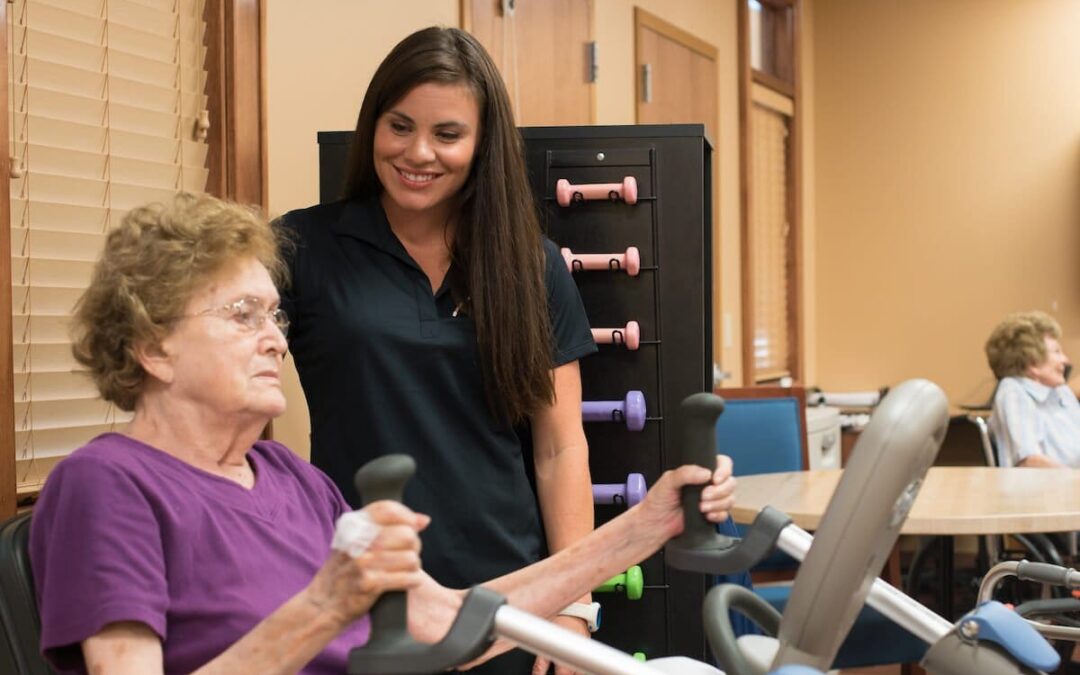Working in a senior care facility isn’t just a job—it’s a calling. Every day, you’re showing up for people who need care, compassion, and a human connection. But let’s be honest: the mental load of this work is enormous. Long hours, emotional stress, and the constant responsibility of being someone’s lifeline can take a toll on even the strongest among us.
So, what does life really look like for the heroes behind the scenes?
What Confronts You Daily
- Emotional Drain
You celebrate victories—residents walking again, a smile after a rough day—but you also witness decline, illness, and loss. Carrying these highs and lows constantly is exhausting. - Physical and Mental Fatigue
The job demands both body and mind. Long shifts, physically demanding tasks, and juggling multiple priorities can leave you mentally fried and physically drained by the end of the day. - Stress and Burnout Risk
From tight schedules to emotional strain, the risk of burnout is real. You might find yourself feeling detached, frustrated, or just running on autopilot, trying to survive instead of thrive.
3 Ways to Overcome These Obstacles
1. Build Mental Resilience
You can’t control everything that happens in the facility—but you can control how you process it. Try brief mindfulness exercises during your shift: a 2-minute breathing break, a short walk outside, or even a simple pause to check in with yourself. These small moments stack up and give your mind a reset.
2. Create a Support System
Don’t go at this alone. Talk to coworkers who understand your world—they’ve been there, too. Seek out mentorship, peer groups, or mental health professionals who can give perspective, tools, and coping strategies. A strong support network is your buffer against burnout.
3. Prioritize Recovery Outside of Work
Your mental health doesn’t start or end at the facility doors. Sleep, nutrition, and physical activity are your secret weapons. Even 20 minutes of intentional movement, a balanced meal, or a solid night’s rest can recharge your body and mind. Make recovery non-negotiable—it’s not selfish, it’s survival.
Working in senior care is challenging, no doubt about it. But the reality is, you can thrive. By building resilience, leaning on your community, and prioritizing recovery, you can stay strong mentally and emotionally—while continuing to make an incredible difference in the lives of the people you care for.




